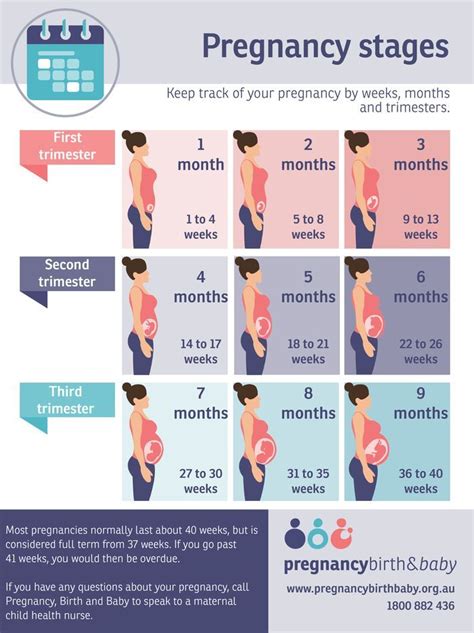How Long Does It Take For Pregnancy Symptoms To Show?
Many women eagerly await the first signs of pregnancy, but the timeline for symptom appearance varies greatly. Some experience symptoms immediately after conception, while others don't notice anything until weeks later. This comprehensive guide will explore the typical timeframe, common early symptoms, and factors influencing their onset.
When Do Pregnancy Symptoms Typically Begin?
While some women report feeling changes right after implantation (around 6-12 days after conception), most noticeable symptoms usually start appearing around 4-6 weeks into pregnancy. This is when levels of pregnancy hormones like hCG (human chorionic gonadotropin) and progesterone significantly increase. Remember that "weeks" in pregnancy are calculated from the first day of your last menstrual period, not the date of conception.
Early Pregnancy Symptoms: The First Trimester
The first trimester (weeks 1-12) is when most women experience a range of pregnancy symptoms. These can include:
- Missed Period: This is often the first and most obvious sign, but not a definitive one, as several factors can cause missed periods.
- Breast Changes: Tenderness, swelling, increased sensitivity, and changes in size are common early signs. Many women describe their breasts feeling fuller and heavier.
- Nausea and Vomiting (Morning Sickness): While the name suggests morning, morning sickness can strike at any time of the day. The intensity varies greatly among women.
- Fatigue: Extreme tiredness and lethargy are frequent complaints, making it difficult to maintain normal energy levels.
- Frequent Urination: Your body produces more urine to process the increased blood volume, leading to more frequent trips to the bathroom.
- Food Aversions and Cravings: A sudden dislike or intense craving for specific foods is also common.
- Mood Swings: Hormonal fluctuations can cause mood changes, including irritability, sadness, or emotional lability.
- Basal Body Temperature (BBT) Rise: If you're charting your BBT, a sustained elevated temperature after ovulation can be an early indicator.
- Implantation Bleeding: Some women experience light spotting or bleeding around the time of implantation, which is usually lighter than a regular period.
Factors Influencing Symptom Onset
Several factors can influence when you start experiencing pregnancy symptoms:
- Individual Variation: Every woman's body is unique, leading to significant variations in symptom onset and intensity.
- Pregnancy Hormones: The rate at which hCG and other hormones increase can impact symptom appearance.
- Previous Pregnancies: Women who've been pregnant before might recognize symptoms earlier.
- Underlying Health Conditions: Pre-existing health conditions may influence symptom perception.
When to Take a Pregnancy Test
If you suspect you might be pregnant, taking a home pregnancy test is the most reliable way to confirm. These tests detect the presence of hCG in your urine. You can typically take a test after a missed period, but for the most accurate results, follow the instructions on the test packaging.
Understanding the Absence of Symptoms
The absence of early pregnancy symptoms doesn't necessarily mean you aren't pregnant. Many women experience very few or no symptoms, especially in early pregnancy. Don't rely solely on symptom presence or absence to determine pregnancy. Always use a pregnancy test for confirmation.
Conclusion
The timing of pregnancy symptom onset varies widely, with most noticeable symptoms appearing 4-6 weeks into pregnancy. While a missed period is a common first sign, other symptoms include breast changes, nausea, fatigue, and mood swings. Remember that individual experiences differ significantly. If you suspect pregnancy, use a home pregnancy test for confirmation.
